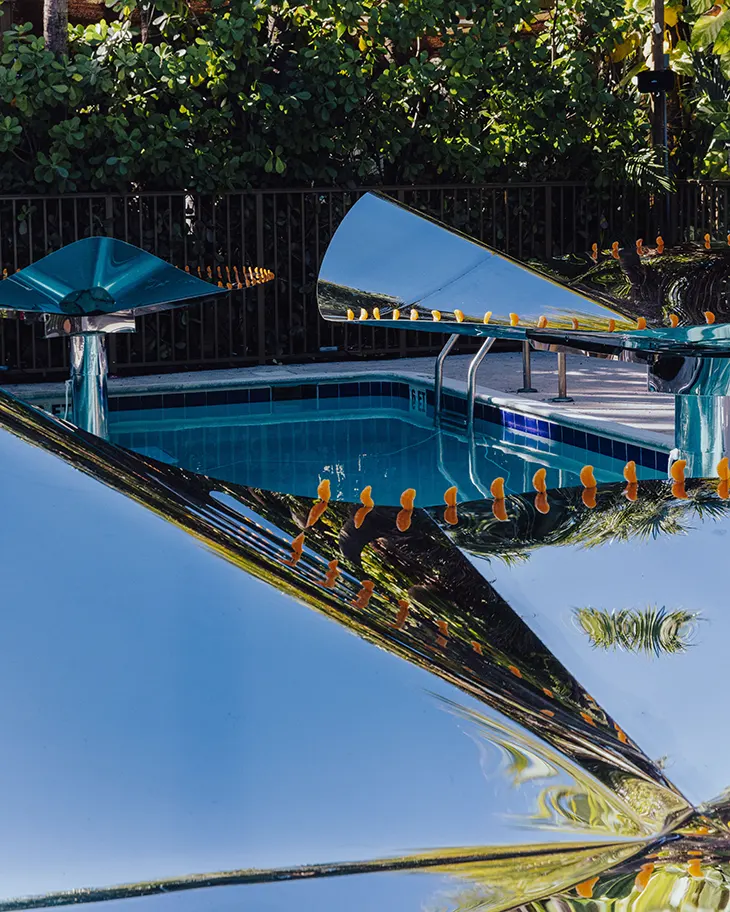
From December 3–8, 2024, Milan-based design platform Alcova returned to Miami for its second edition, transforming the city’s oldest hotel, the Miami River Inn, into a sprawling exhibition of contemporary and experimental design. Located in the heart of the Little Havana neighborhood, this early 1900s property—composed of four vernacular wood-framed houses around an open courtyard—became a stage for over 50 international designers, including Crafting Plastics! Studio, Studio Tooj, Panorammma, Adam Kvaček, and Ananas Ananas, all exploring the boundaries of materiality, sustainability, and conceptual innovation.
DESIGN
This year’s iteration upheld Alcova’s signature approach: occupying architecturally and historically significant sites and reimagining them as immersive design environments. The Miami River Inn, carefully readied for the show, served as a character-rich backdrop where visitors encountered a panorama of ideas addressing the future of craft, nature, and technology. The event added a fresh dimension to the city’s art week, introducing a cutting edge of material experimentation and artistic research to a landscape better known for gallery exhibits and polished showrooms.
View this post on Instagram
Throughout the property, attendees experienced a roster of studios pushing beyond the conventional. Slovakia-based Crafting Plastics! Studio showcased vibrant bioplastic sculptures in an outdoor corridor, while Spanish designer Lucas Muñoz Muñoz presented furniture and sound installations crafted from repurposed industrial materials sourced locally in Miami. Nearby, Ananas Ananas installed a playful and thought-provoking piece in the courtyard’s pool: spinning stainless steel vessels surrounded by skewered tangerines, reflecting on water consumption and environmental responsibility through the lens of nourishment and sustenance.
Inside the historic rooms, a variety of conceptual and material narratives unfolded. Studio Tooj displayed a console 3D-printed from sand, previously seen at Alcova’s Milan edition, while MycoWorks introduced a mycelium shelf that challenged conventional notions of durability and aesthetics. Lisbon-based Studio Haos experimented with delicate, paper-like structures evoking the translucency of Japanese washi lanterns, and Panorammma, based in Mexico City, explored the interplay of local materials and global design sensibilities.
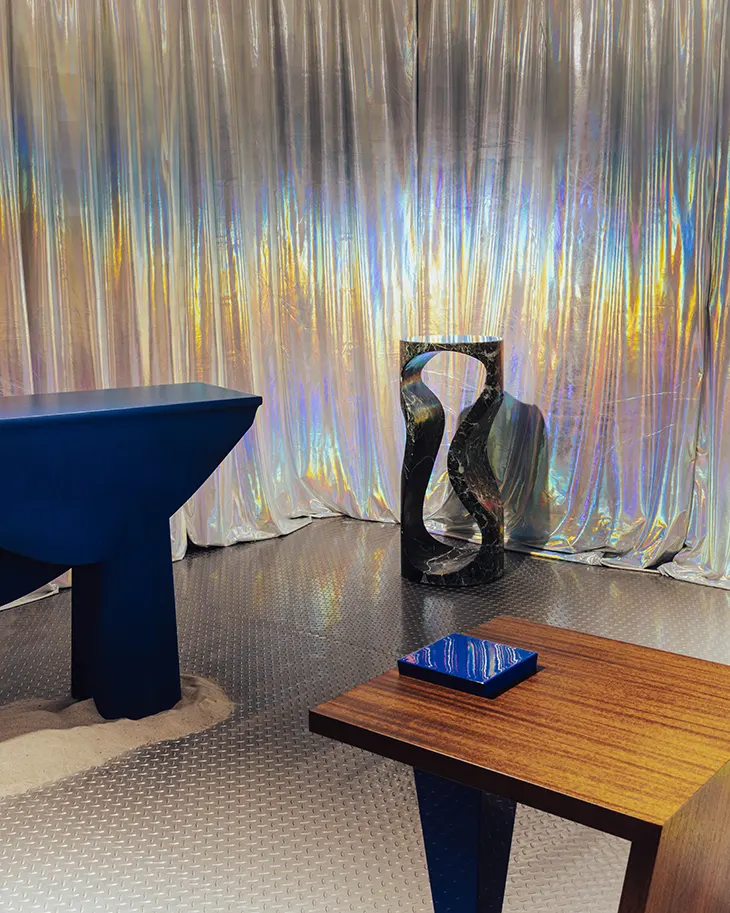
These installations often engaged with the complexities of cultural exchange, resource scarcity, and environmental stewardship. Works emerging from a Cuban design workshop revealed inventive solutions born of constrained material environments, highlighting the power of ingenuity and tradition when faced with creative limitations. Such presentations underscored the show’s mission: to stimulate dialogue between past and present, challenging visitors to rethink their relationship with design, nature, and the built environment.
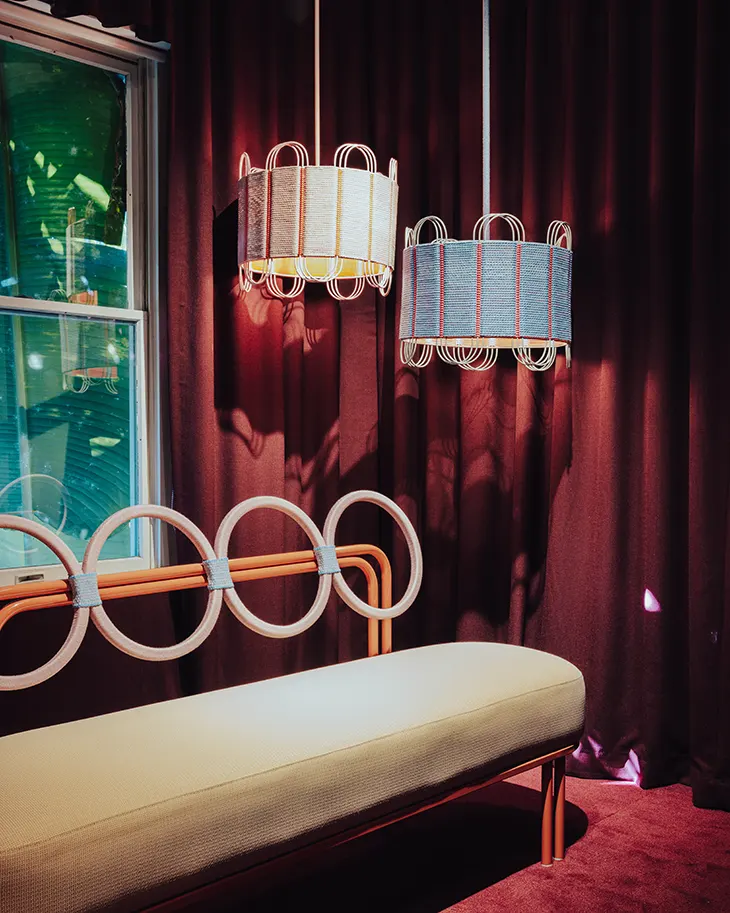
Alcova’s presence during Miami art week demonstrated a meaningful evolution in the city’s creative landscape. Rather than relying solely on glossy exhibitions and high-profile galleries, the event encouraged visitors to engage with design as a living, evolving practice—one that thrives on collaboration, ingenuity, and the adaptive reuse of neglected spaces. This synergy between heritage architecture and radical design thinking invigorated the conversation around design, inspiring guests to view both the city and contemporary creative production in an entirely new light.
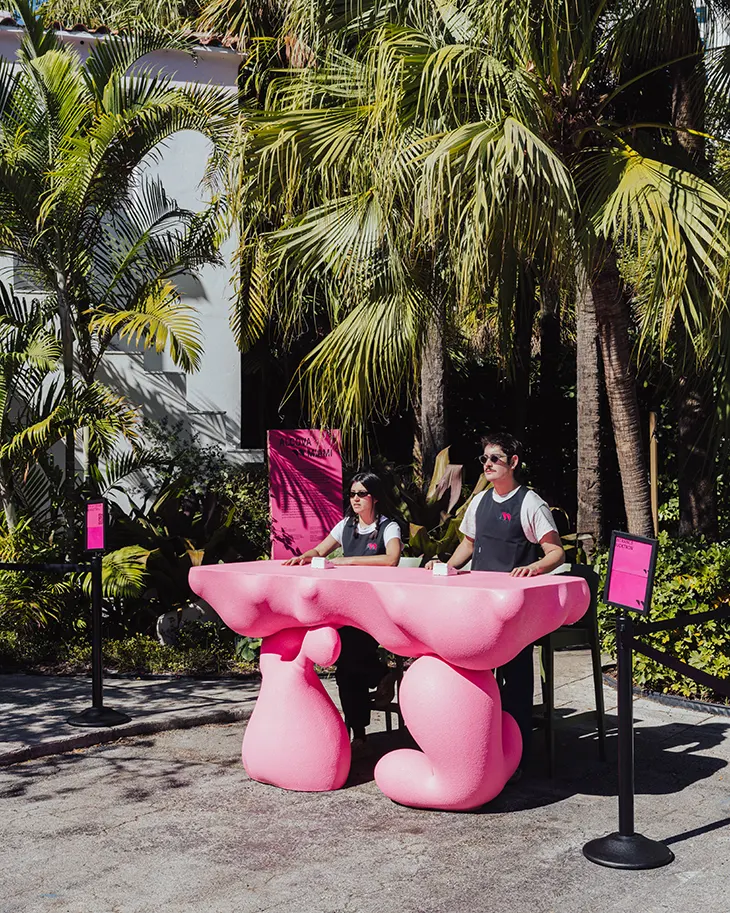
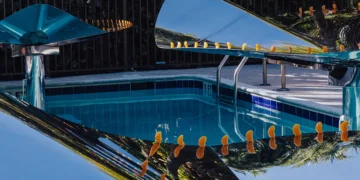













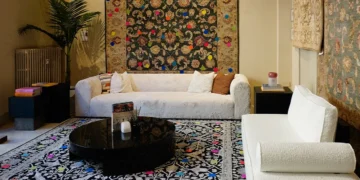

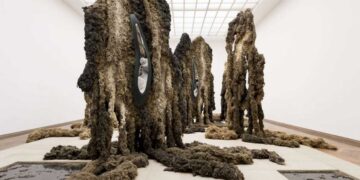
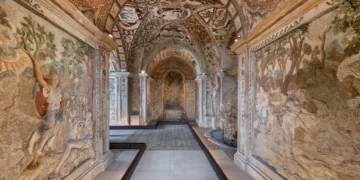
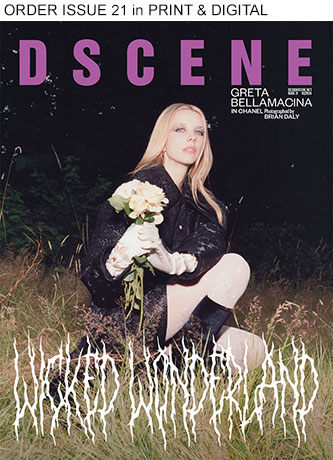

wow this is gorgeous ! Alcova is working hard and i love that they are now also at Miami. I never miss Alcova during Milan design week!